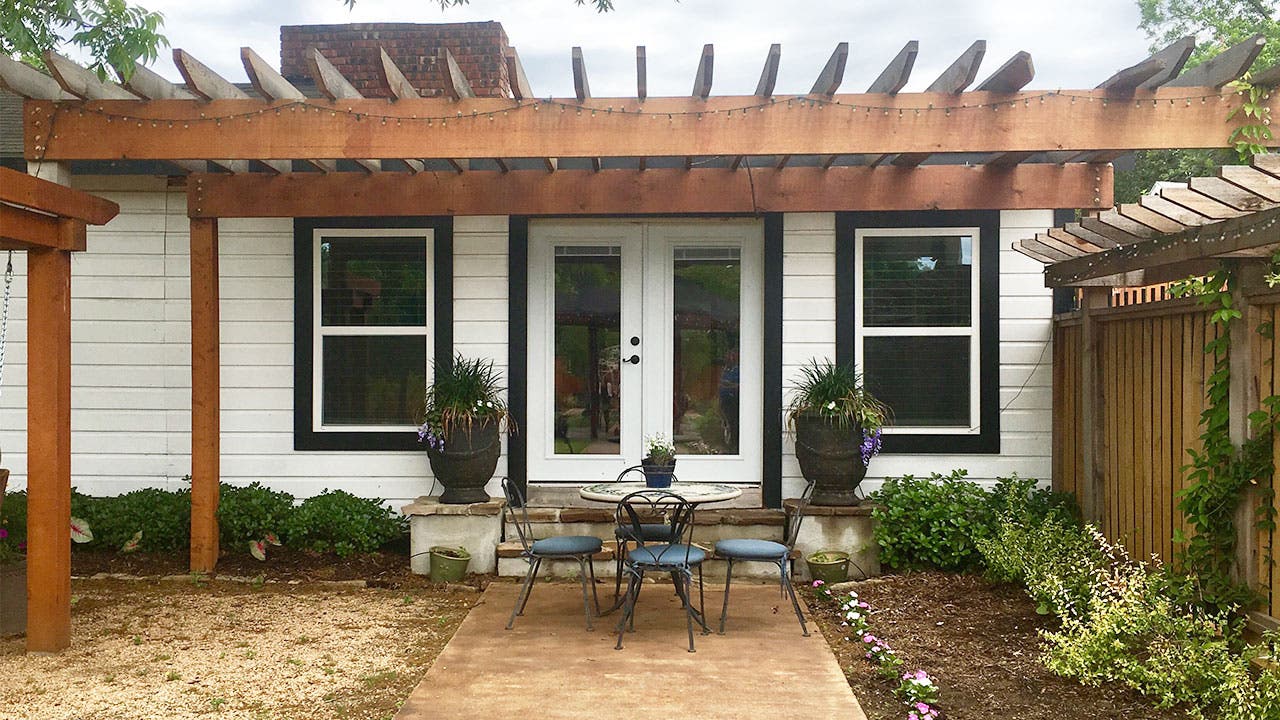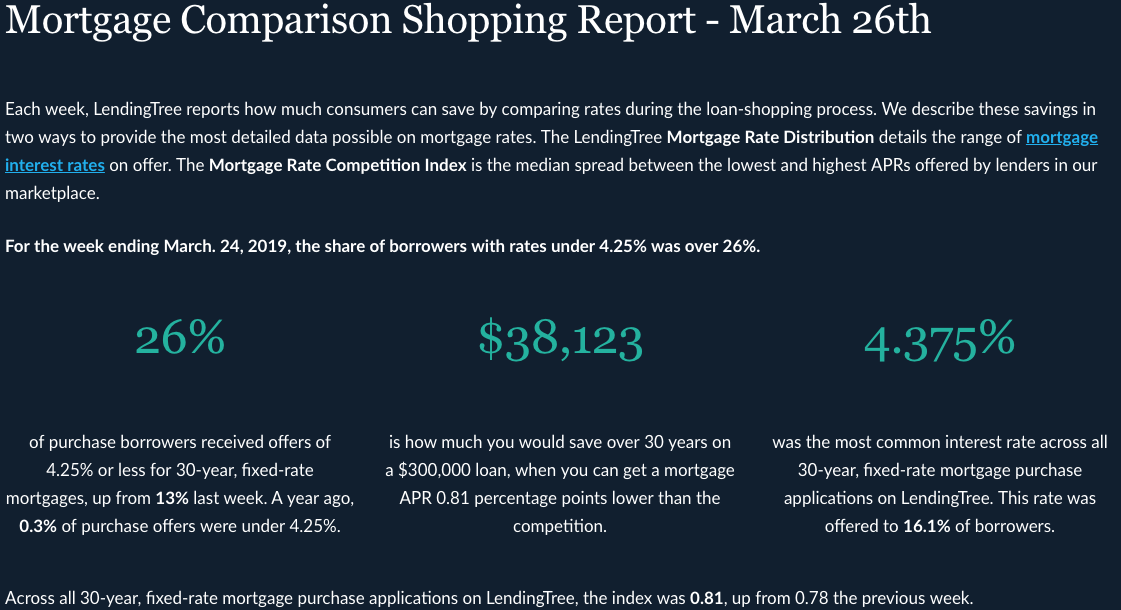Like other kinds of home loans, there are various kinds of reverse mortgages. While they all essentially work the same method, there are three primary ones to Click for more learn about: The most typical reverse home loan is the House Equity Conversion Mortgage (HECM). HECMs were developed in 1988 to help older Americans make ends meet by enabling them to take advantage of the equity of their homes without needing to move out.
Some folks will use it to pay for expenses, vacations, home renovations and even to settle the remaining amount on their regular mortgagewhich is nuts! And the effects can be big. HECM loans are kept on a tight leash by the Federal Real Estate Administration (FHA. how do reverse mortgages really work.) They don't desire you to default on your home loan, so since of that, you will not receive a reverse home mortgage if your home deserves more than a specific quantity.1 And if you do receive an HECM, you'll pay a hefty home loan insurance coverage premium that secures the loan provider (not you) versus any losses.
They're provided from independently owned or operated companies. And because they're not controlled or guaranteed by the government, they can draw homeowners in with pledges of greater loan amountsbut with the catch of much greater rates of interest than those federally insured reverse mortgages (obtaining a home loan and how mortgages work). They'll even provide reverse home loans that permit property owners to obtain more of their equity or consist of houses that surpass the federal optimum quantity.
A single-purpose reverse mortgage is offered by federal government agencies at the state and regional Go to the website level, and by not-for-profit groups too. It's a kind of reverse home loan that puts rules and constraints on how you can utilize the money from the loan. (So you can't invest it on a fancy holiday!) Typically, single-purpose reverse home mortgages can just be utilized to make property tax payments or pay for house repairs.
The thing to keep in mind is that the lender has to authorize how the money will be used before the loan is provided the OKAY. These loans aren't federally guaranteed either, so lenders do not need to charge home loan insurance premiums. But because the money from a single-purpose reverse home mortgage has to be utilized in a particular method, they're usually much smaller sized in their quantity than HECM loans or proprietary reverse home mortgages.

Own a paid-off (or a minimum of significantly paid-down) home. how do second mortgages work in ontario. Have this home as your primary residence. Owe zero federal debts. Have the capital to continue paying home taxes, HOA costs, insurance coverage, maintenance and other house expenses. And it's not just you that has to qualifyyour home also needs to meet certain requirements.
About How Do Subject To Mortgages Work
The HECM program likewise allows reverse home loans on condos authorized by the Department of Housing and Urban Advancement. Before you go and sign the documents on a reverse home loan, have a look at these 4 major disadvantages: You may be considering taking out a reverse home mortgage because you feel positive borrowing against your home.
Let's simplify like this: Think of having $100 in the bank, however when you go to withdraw that $100 in money, the bank only gives you $60and they charge you interest on that $60 from the $40 they keep. If you would not take that "deal" from the bank, why on earth would you desire to do it with your house you've spent years paying a mortgage on? But that's precisely what a reverse home mortgage does.
Why? Since there are charges to pay, which leads us to our next point. Reverse home loans are loaded with additional costs. And many borrowers opt to pay these charges with the loan they will getinstead of paying them out of pocket. The important things is, this costs you more in the long run! Lenders can charge up to 2% of a house's worth in an paid up front.
5% home loan insurance coverage premium. So on a $200,000 house, that's a $1,000 annual cost after you have actually paid $4,000 upfront naturally!$14 on a reverse home mortgage are like those for a regular home loan and include things like home appraisals, credit checks and processing costs. So prior to you understand it, you have actually drawn out thousands from your reverse home mortgage prior to you even see the first cent! And since a reverse mortgage is only letting you tap into a portion the worth of your house anyhow, what happens as soon as you reach that limitation? The money stops.
So the quantity of money you owe increases every year, on a monthly basis and every day till the loan is paid off. The advertisers promoting reverse home loans love to spin the old line: "You will never ever owe more than your house deserves!" However that's not precisely real because of those high rate of interest.
Let's state you live until you're 87. When you die, your estate owes $338,635 on your $200,000 home. So rather of having a paid-for home to hand down to your liked ones after you're gone, they'll be stuck to a $238,635 costs. Opportunities are they'll need to sell the house in order to settle the loan's balance with the bank if they can't manage to pay it.
How Mortgages Work For Dummies Fundamentals Explained
If you're investing more than 25% of your income on taxes, HOA fees, and household bills, that indicates you're home bad. Connect to among our Endorsed Regional Service Providers and they'll help you browse your options. If a reverse home loan lending institution informs you, "You won't lose your house," they're not being straight with you.
Consider the reasons you were thinking about getting a reverse mortgage in the very first place: Your budget is too tight, you can't afford your day-to-day bills, and you don't have anywhere else to turn for some extra cash. All of a sudden, you've drawn that last reverse sirius cancellation mortgage payment, and after that the next tax expense happens.
If you do not pay your taxes or your other expenses, for how long will it be prior to somebody comes knocking with a home seizure notice to eliminate the most valuable thing you own? Not long at all. Which's possibly the single most significant factor you need to avoid these predatory financial items.
The credibility of reverse home loans has actually had its ups and downs given that they were first piloted by the Reagan administration. A monetary tool that allows older individuals to tap house equity and age in location, reverse home loans can maximize money in retirement and, sometimes, eliminate a month-to-month home mortgage payment.
Borrowers who secured reverse home mortgages before defenses were enacted are more prone to getting in problem, while issues with inflated appraisals and complicated marketing still afflict newer home loans." Eventually, it's another financial tool that's neither excellent or bad. It simply depends on how you utilize it," stated Joshua Nelson, a certified financial coordinator at Keystone Financial.

Without a strategy, it can be harmful." Here's what you should understand. Possibly the very best method to comprehend a reverse home loan is to compare it to a routine home loan. Both are loans backed by your home that needs to be paid back to the lending institution. But with a routine home loan, you're offered funds upfront to buy a house and you must start paying back those borrowed funds immediately on a monthly basis for a set number of years.
